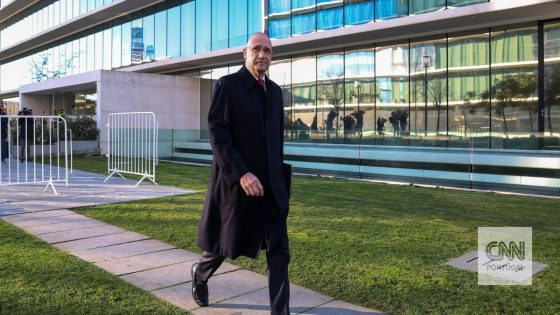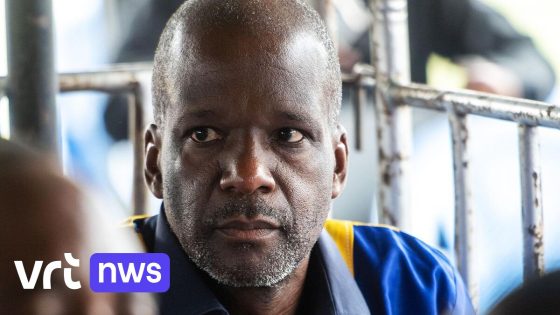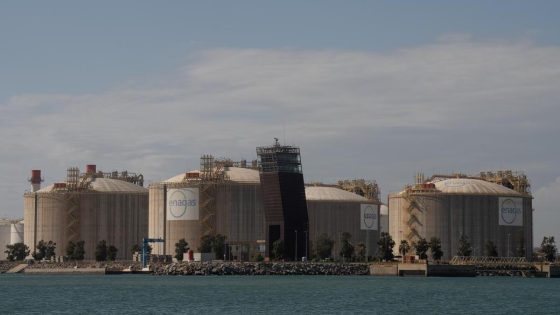Former Prime Minister Pedro Passos Coelho returned to court on February 11, 2025, to testify in the ongoing trial regarding the collapse of Banco Espírito Santo (BES). This high-profile case has drawn significant attention, raising questions about government involvement and accountability in financial crises.
- Former Prime Minister Pedro Passos Coelho testifies.
- Testimony delayed due to justice officials' strike.
- Coelho met Ricardo Salgado multiple times.
- Salgado sought government assistance for BES.
- Coelho suggested orderly bankruptcy negotiations.
- 18 defendants face serious criminal charges.
As the trial unfolds, what does this mean for the future of banking in Portugal and beyond? Passos Coelho’s insights could shed light on critical issues surrounding financial governance.
Pedro Passos Coelho’s Testimony: Key Insights into the BES Collapse
What led to the downfall of Banco Espírito Santo (BES)? Passos Coelho’s testimony may provide answers. He discussed meetings with Ricardo Salgado, former head of BES, revealing concerns about the bank’s management and the pressure from the Bank of Portugal. His insights could be pivotal in understanding the broader implications for the banking sector.
Understanding the Implications of the BES Trial for Global Banking
The trial of BES is not just a national issue; it has international ramifications. As the banking sector faces increasing scrutiny, the outcomes of this case could influence regulatory reforms globally.
Key Takeaways from Passos Coelho’s Testimony
During his testimony, Passos Coelho highlighted several critical points:
- Meetings with Ricardo Salgado in 2012-2014 raised concerns about BES’s management.
- The pressure from the Bank of Portugal to replace key administrators was significant.
- Coelho suggested a structured bankruptcy to minimize losses.
- He emphasized that the government should not bear the financial risks of BES.
The Broader Impact of the BES Collapse on Portugal’s Economy
The collapse of BES has had lasting effects on Portugal’s economy. It has prompted discussions about banking regulations and the need for robust oversight mechanisms to prevent future crises. The ongoing trial serves as a reminder of the importance of transparency in financial institutions.
Future of Banking in Portugal: Lessons Learned from the BES Case
As the trial continues, the lessons learned from the BES case could shape the future of banking in Portugal. Ensuring accountability and strengthening regulatory frameworks will be crucial in restoring public trust in financial institutions.
































